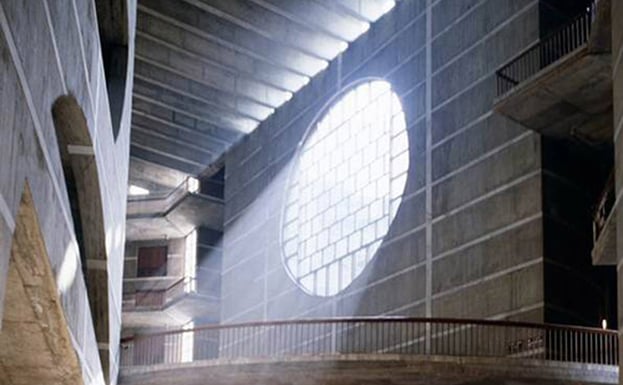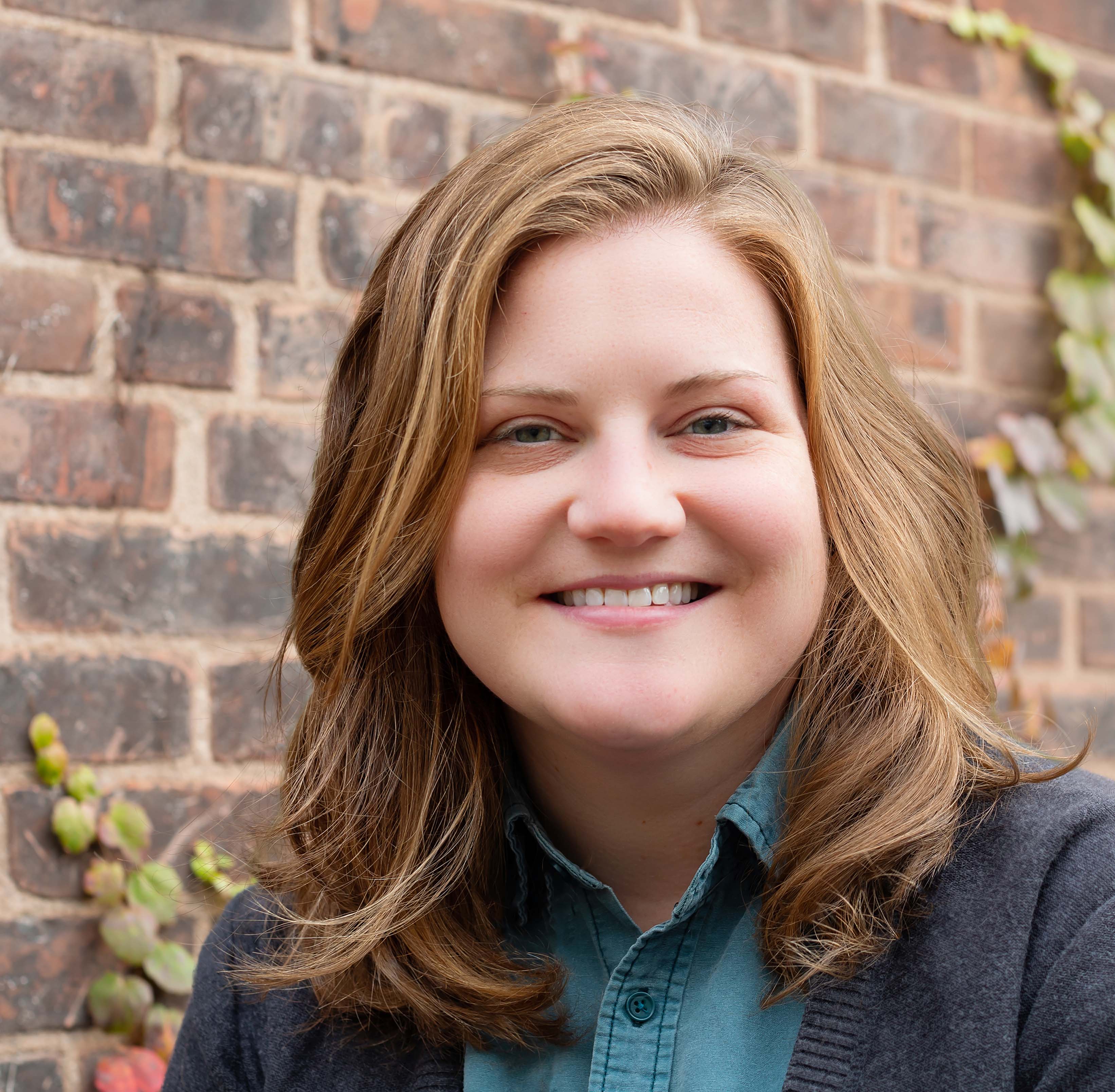By: Laura Meade
National Mentoring Month is formally observed by the United States every January. At Pirie Associates, we are enormous advocates of mentorship. We can each play a role in helping young people achieve their goals.
Most of us would not be able to succeed or pursue our goals without the series of people in our lives who helped us mold our career and future. Representation and support are crucial in the lives of young people, especially in a field like architecture. In fact, several of us at the firm pursue further enrichment by mentoring young people in our southern Connecticut community. We are educators at the undergraduate and graduate levels, in all aspects of architecture- from design, to building systems, to professional practice management.
We have learned that mentoring others is never a one-sided deal; both parties benefit from new information and skills. Beyond the personal support most of us recall below, mentoring provides many benefits to both mentee and mentor:
- Confidence and introspection skills
- Leadership skills
- Communication skills, especially asking questions and delivering feedback
- Listening skills
- Exposure to different perspectives and backgrounds
- Networking access and skills
- Increased job satisfaction
- Information and skill exchange between mentor to mentee
Say hello if you see one of us marching to our next class!
In observance of National Mentorship Month, some us decided to share our personal experiences with mentors from our early days. Please enjoy, and reflect on the people from your own life and career as you read about ours.
My first mentor taught me that a career is not about what you do, it’s about what you’re doing. She was an architect and professor who was always peeling back the often-pretentious layers surrounding architectural academia to expose anything she found absurd or hilarious. Her daily discoveries and ideas were what defined her career for her, not her abstracted job description. I was very attached to this black sheep in the faculty who also saw something special in me. She taught me to step out of my comfort zone and push myself, while reminding me not to take things too seriously. I learned it’s okay to not identify with life’s accepted and expected status quo.
She passed away years ago- decades too early. When I remember her today, I can’t help but think about her pickup truck, of all things. She let me borrow it once for a class and, when I climbed in and turned the ignition over, I found the gas tank was almost completely empty. I processed that information while I looked around the rest of her cab. There was absolutely nothing in there with me except for two pairs of sunglasses and two bright green rubber lizards. It still makes me smile; even her commute to work felt like some sort of wisecrack. One lizard and a pair of shades must have been for her, while the other set would have been for anyone lucky enough to be her passenger.
It’s a complex and challenging path to become an Architect in the US: 5-7 years of demanding higher education, 3,740 hours of recorded professional work across six experience categories, and at least 6 professional exams that have an average pass rate of 55%. No one can get through it without mentors supporting them and inspiring them at every stage along the way, and I was no exception.
My path started in high school when I participated in the ACE Mentor Program in Dallas, Texas. ACE Mentors (volunteer Architects, Contractors and Engineers) introduce high school students to the excitements and challenges of the building industry with a mock project. I’ll never forget the energy and passion they brought to us high schoolers, and I’m forever grateful for the internship opportunity that followed.
If I tried to list out every mentorship moment of my career, the list would be endless. Instead, I’d rather highlight a few examples that brought me to where I am:
- supportive family & friends who celebrated every milestone achieved & hardship overcome;
- classmates who helped me process a tough studio critique to become a better & more resilient designer;
- work colleagues who recognized and commended my hard work & specific team contributions.
I’m grateful for the varied and impactful mentoring actions of my family, friends, professors, and colleagues. I believe the best way I can show my gratitude is to support others in the same way, and I look for opportunities to do so every day.
My first mentor was my father, Joseph G. Butkus. A master craftsman who worked as a carpenter building houses by day and custom furniture in the evenings and weekends, he provided me the opportunity to see first-hand from a very young age what it takes for a built work to come together. He oversaw every phase of a building’s construction with his detailed eye for the final product knowing that errors or sloppy work in the rough stage of construction would ripple through to the final finish work.
As a young boy I’d also spend a week each summer at my grandparents’ house and would putter in the garage with my grandfather who had also been a builder. I remember a visit from an old timer while making birdhouses one summer where he commented that they always thought my grandfather was a great builder…until my father came along!
He has probably forgotten more than I’ll ever know about how to put things together, but he is still offering insight to anyone who has a construction related question. I attribute my love of figuring out how things were built partly to having been exposed to what he did throughout his career and watching him create countless custom woodworking pieces in the basement while I was still living at home. As he had learned from his father and as he passed knowledge along to me, I try to offer what I have learned from him to those around me, including coworkers and even contractors. Mentoring others seems to be an appropriate way of honoring those who mentored you. Hopefully I live up to his example.
One of the great virtues of a mentor is helping you to see yourself belonging and thriving in a field. Architecture as a profession takes as many forms as its product, but when you are starting out it can be hard to see beyond orthodoxy; each of us has a unique worldview, background, array of affinities. How and will they slot in? To the inexperienced, it can feel like all that makes you you will go under-used, or even hinder. Doom sets in...nobody wants to be a drone. The mentor, however, will show you the light and guide you to employ all those things that compose your unique self to your advantage, and to build your superpower.
I have a great debt to so many incredible people who have inspired, guided, and shared their sagacity with me so generously. One in particular is Kent Bloomer. Kent has a laser-guided sense of humor, and target-acquired, flourishes like his cosmic ornament. And I mention this because sharing a laugh is like this primordial gateway to setting the mind open. Kent’s knowledge and imagination are magnificently vast, and ideas explode in outbound spirals into the universe, but then, he pulls his nets back in and harvests an architecture which has the duality of distinct self and being of everywhere and everything. Kent is intellectually generous, encouraging baby architects to think deeply, broadly, and know that the only limit on ideas is how far out they want to go and how much they want to carry back.
Top Image Credit: 'Searching for Mentors and Memories' mural by Sam Kirk, Photograph taken by Terence Faircloth, Atelier Teee, Inc.





